Brad Bird Makes a Heroic Return to Animation with the Incredible Incredibles 2
By Dan Sarto | Monday, June 11, 2018 at 2:05am

The two-time Oscar winner continues the adventures of everyone’s favorite super hero family in the long-awaited sequel to Pixar’s 2004 hit.
Pixar’s most beloved and “super” family, the Parrs, blasts onto screens once again with the release of Incredibles 2, director Brad Bird’s follow-up to his 2004 Oscar-winning animated super hero adventure. Incredibles 2 will open in theaters in the U.S. and have its French premiere at Annecy on June 15. It will not be a good day for raccoons.
Much has changed at Pixar and in the animation business since 2004, when Bob, Helen, Violet, Dash and Jack-Jack first delighted audiences worldwide with their superhuman powers and quintessentially human frailties. For starters, the studio is now part of the Walt Disney Company, no longer the upstart juggernaut that defined CG animation. In addition, the studio is home again to prodigal sons Bird and Andrew Stanton (Finding Nemo, Finding Dory), both of whom returned to write and direct sequels to hugely successful animated films after leaving Pixar for the bright lights and big city of the live-action world.

The Power of Family
The success of the first Incredibles movie can be credited in large part to an aha moment that Bird had more than 20 years ago, long before he joined Pixar as its first outside director. “When I first had the idea,” he recalls, “I went to a comic book shop thinking ‘I gotta think up new super powers.’ And after about a half hour, I realized every power has been done by somebody, somewhere. Everything had been done. It was then that I realized I’m not very interested in the powers. What interests me is the idea of having a family and having there be a reason to hide their powers.”
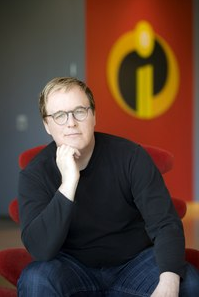
As anyone who has seen and enjoyed the end result of Bird’s deliberations knows, his insight was sound, and led to the highest opening-weekend gross for a Pixar film up to that time.
Fourteen years later, Incredibles 2 picks up right where the original story left off, a decision also rooted in Bird’s interest in the characters’ interpersonal relationships. “I thought about aging everybody the way everybody does and then I thought, ‘No, that sucks.’ The Parr family dynamic changes if the characters age. I’m not interested in a college-age Jack-Jack. It stays more iconic if everyone situates themselves. I was on the first eight seasons of The Simpsons and that’s worked out rather well for them, so I’ll stick with that.”
Bird also explains that the long hiatus was due to his wanting to wait until he had the right story to tell. “The thing is, many sequels are cash grabs. There’s a saying in the business that I can’t stand, where they go [in gravelly voice], ‘If you don’t make another one, you’re leaving money on the table.’ It’s like, Jesus, money on the table is not what makes me get up in the morning! Making something that people are gonna enjoy 100 years from now is what gets me up.”
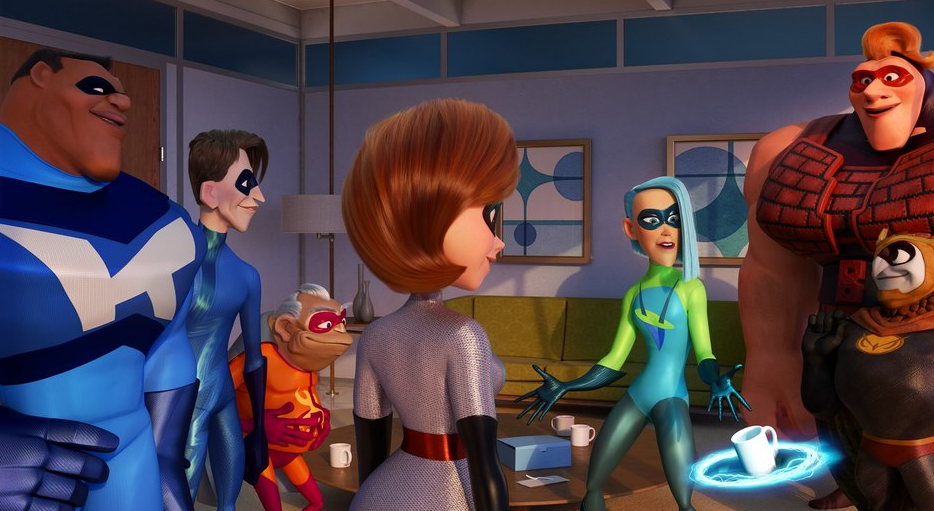
A Mission to Entertain
Though the new film continues to address key themes introduced in the original film, ultimately, the focus is on entertainment, making a film that audiences want to see, not making some kind of statement.
“We again explore the roles of men and women, the importance of fathers participating, the importance of allowing women to also express themselves through work, and that they’re just as vital as men,” says Bird. “There are feelings about the difficulties of parenthood, that parenting is a heroic act. All of those things are in this movie. I don’t like to talk about the ideas as if the reason I made the movie was to push some agenda. It’s more like you create something that hopefully is fun and entertaining and then there are places where you can put little ideas, here and there, that add dimension.
“The most important mission of the first movie was to entertain the crap out of people. The second thing was, ‘Oh, we have some other things that we’d like to comment on and one of them is the role of men and women, fathers and mothers, how do teenagers view the world, midlife crisis, that kind of stuff.’ So, there were a lot of little things buried in the movie. But, if I start to single one out and say, this movie is about that, it doesn’t give you an accurate picture. It makes it sound like we’re having broccoli and not dessert.”
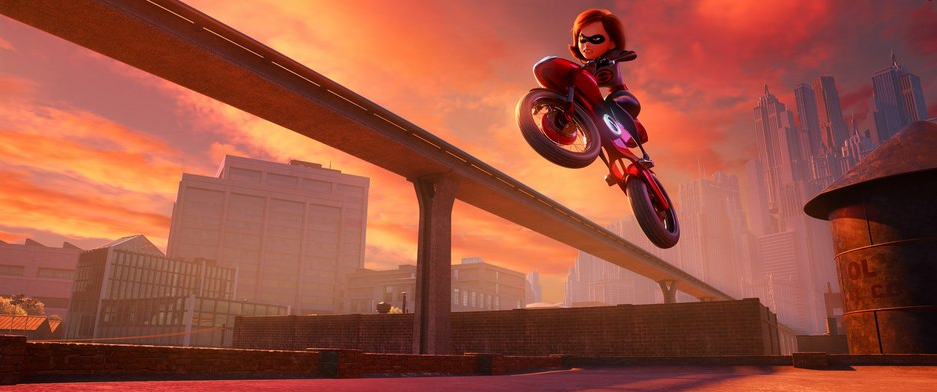
Locking Down the Story
One of the production’s greatest challenges was dealing with a significant shift in the film’s release date; an entire year was lopped off the production schedule when Incredibles 2 swapped dates with Toy Story 4. Bird has dealt with such disruptive change before.
“The original Incredibles was supposed to come after Cars,” he remembers. “It was gonna be Nemo, Cars, then Incredibles. Our reels came together a little earlier than Cars, so we moved up. The same situation happened here with Toy Story 4.”
Bird also dealt with a highly compressed production schedule when he took the reins on Ratatouille after Jan Pinkava left the production in 2005. “When I got involved,” he says, “there was a little over a year and a half between my start and the finished film. And we only retained two lines of dialogue and two shots from all of the previous versions that had been done. So it was like running in front of a train, laying down track, like Wallace and Gromit.”
But the tight schedule also forced Bird to lock in main story elements much earlier in production than is normal for a Pixar film. “We were talking about a lot of things that were usually further down the road. That’s not a comfortable or usual way to work, because you kind of have to over-discuss things early. But it also helps everybody get clear. And then, when you get further down the line, things move more swiftly.”
Ultimately, for Bird, the challenges of making a film as visually and narratively sophisticated as Incredibles 2, are worth it when he sees the great work a dedicated and motivated production team can accomplish under his direction. “Any film that is ambitious has pain. It just comes with the territory. So, on these films, I think the pain reliever is the joy that you get from telling a story. And if you can make it so it’s not a negative experience for your people… Listen, very good movies have been made with miserable crews that had a horrible time making the film. There are endless stories of hard shoots that ended up making good movies.
“But, I think all of us agree that we want our crews to take joy in making the film. So, we celebrate everybody’s abilities. We try to keep an open dialogue, so if people feel like something isn’t going right, they have a way to voice that. And everybody feels invested in the movie. It’s their movie. Morale is something that is never discussed, but has a huge impact on the budget. If morale is good, for every dollar you spend, you get $3 of value. And if it’s bad, for every dollar you spend, you get 25 cents of value. It all shows up on the screen.”
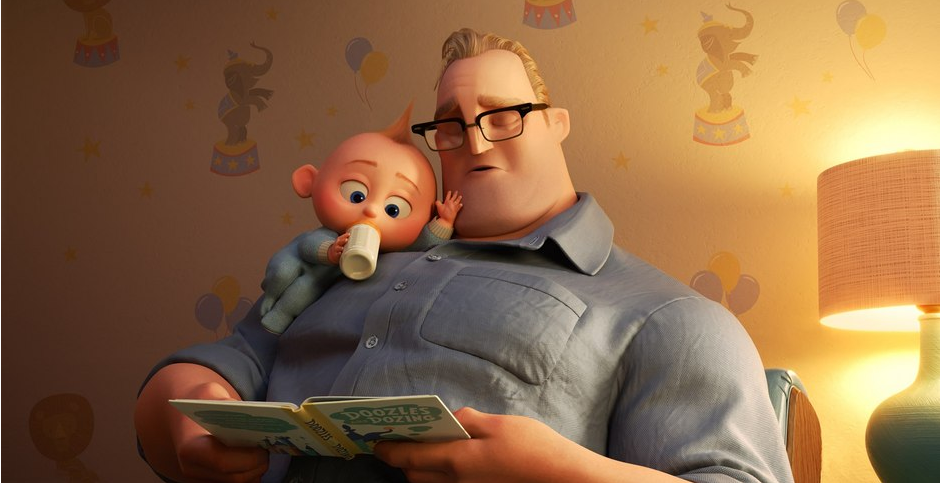
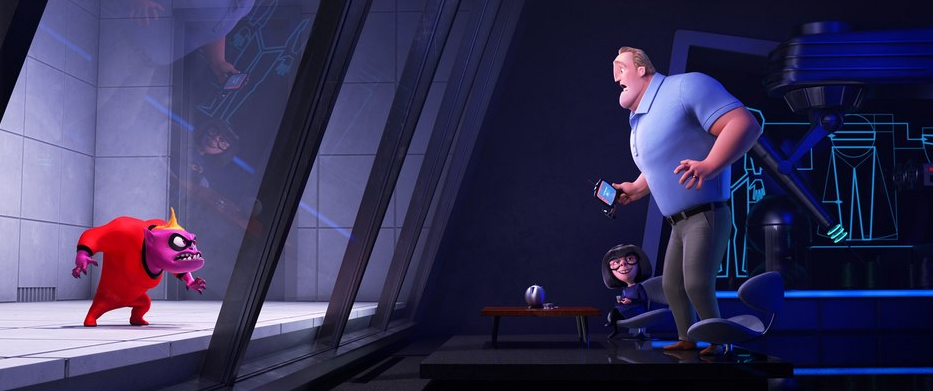

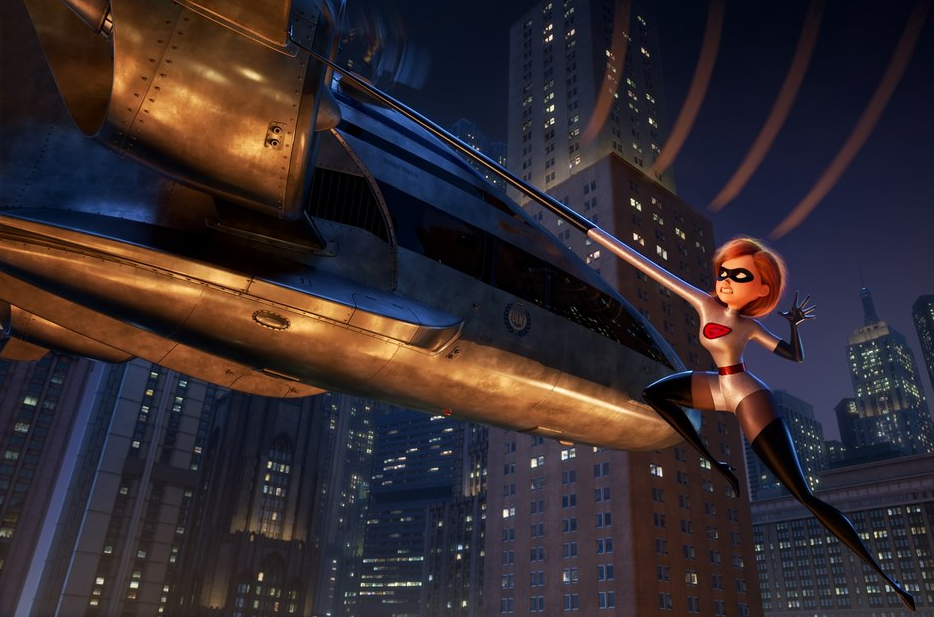
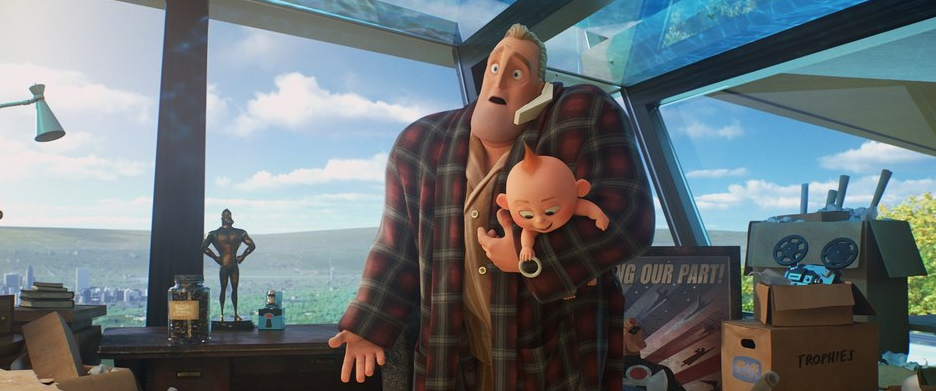
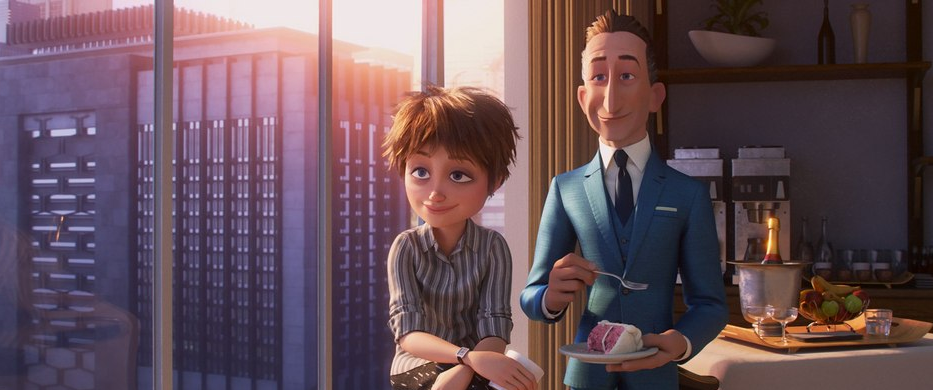
PULL QUOTES:
“What interests me is the idea of family.”
“Any film that is ambitious has pain. It just comes with the territory.”
“Morale has a huge impact on the budget. If morale is good, for every dollar you spend, you get $3 of value.”

熱門頭條新聞
- The CES® 2025
- ENEMY INCOMING! BASE-BUILDER TOWER DEFENSE TITLE ‘BLOCK FORTRESS 2’ ANNOUNCED FOR STEAM
- Millions of Germans look forward to Christmas events in games
- Enter A New Era of Urban Open World RPG with ANANTA
- How will multimodal AI change the world?
- Moana 2
- AI in the Workplace
- Challenging Amazon: Walmart’s Vision for the Future of Subscription Streaming
